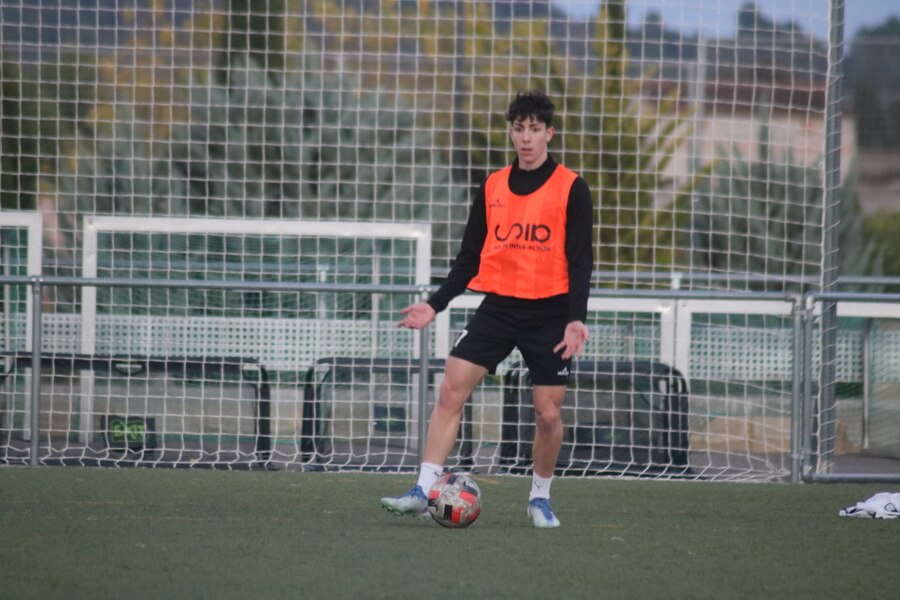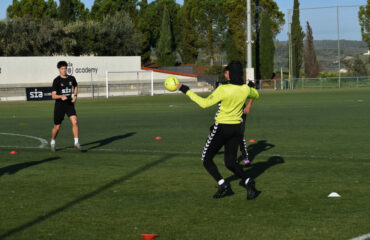The psychology area is responsible for improving the well-being and sporting performance of all the components of the club. It starts by generating values and identity to the club, establishing the base of behaviours that we want from our athletes, with the previously explained base we proceed to the development of techniques or strategies, to help all the components of the club (players, coaches, parents, mothers, physiotherapists…) to continue progressing personally and sportingly in order to facilitate the achievement of objectives and continue growing as an identity.
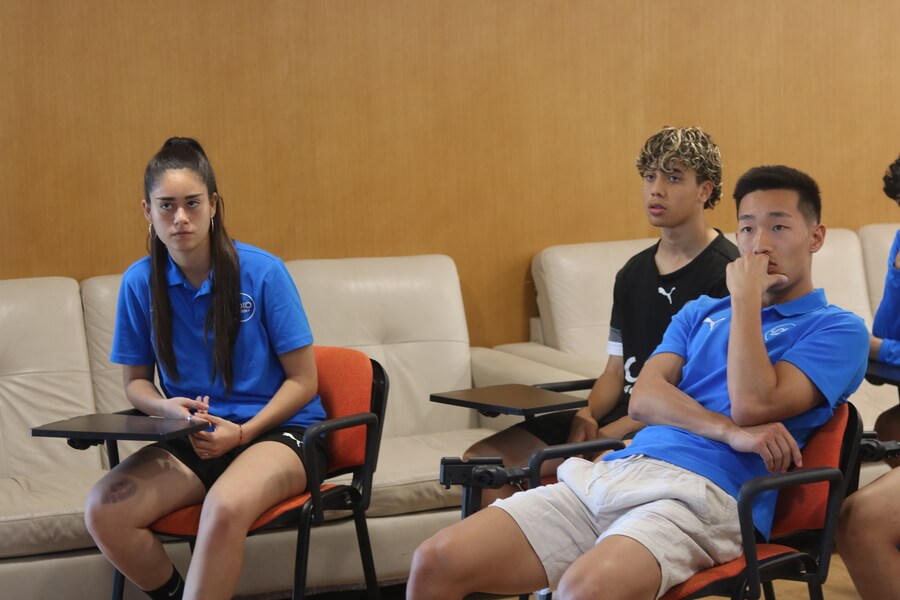
Areas where the psychologist intervenes in the club
The psychologist can intervene to help in different areas within the club:
- Training the members of the technical staff (coach, physical trainer, physiotherapist…).
- Working with the athletes.
- Helping in the marketing area.
- Teaching family members.
- Management with the board of directors.
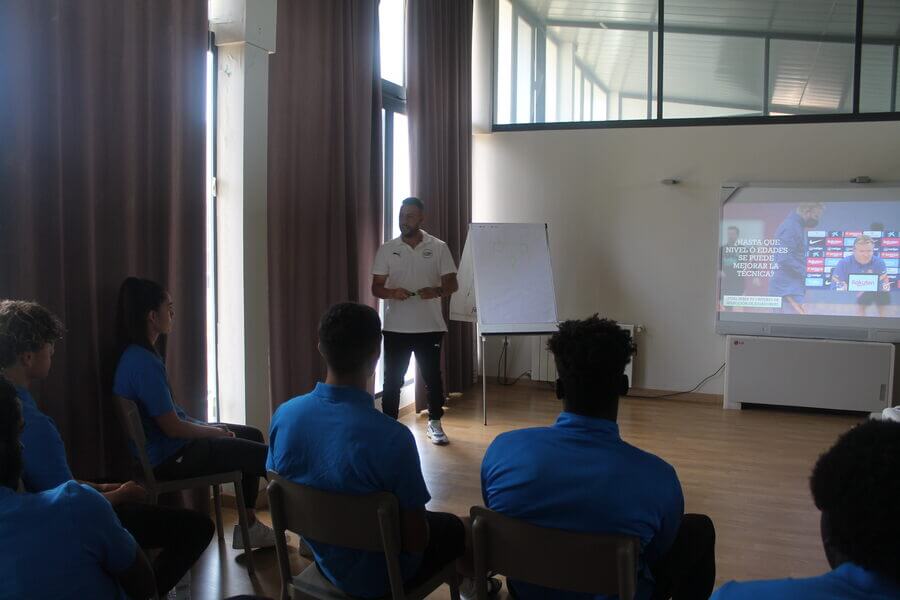
The role of the psychologist with the club’s own members
Training the members of the technical staff.
The coach is the figure who has the greatest impact on the squad, his decisions, attitude and behaviour influences the players, helping coaches to be in the optimum mental state to be able to take the best actions as well as training in individual and collective psychological variables, improving the performance and wellbeing of the players.

Assisting the Marketing area.
Nowadays marketing is very important for football clubs, generating visibility and generating identity generation by the club members themselves, having videos or images of their performances with the club helping to motivate the players. It also promotes and promotes the club’s performances to attract players and continue to improve the club’s performance.

Management with the board of directors.
The psychologist can give the board the basis for the project they have in hand, improving the social and sporting structure of the club. The board of directors has a lot of important decisions to make and they need to be well advised to make the best decisions taking into account all possible aspects for the future of the club.
The psychologist also lays the foundations for the identity and values of the club, these measures will help the players to develop personally, creating a greater climate of coexistence and generating a sense of belonging to the club.
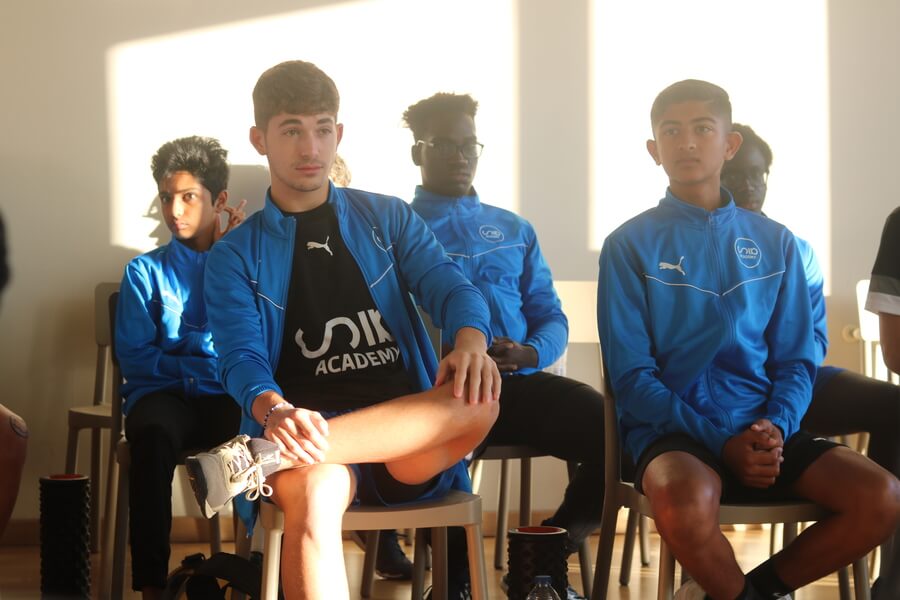
The role of the psychologist with the players and families of a club
Working with the players.
The work with athletes can be carried out through collective workshops or individual sessions, indirectly, indirectly seeking to improve their performance, with the influence exerted by the psychologist in other areas. The psychology department through workshops teaches players tools to improve their emotional and sporting state, being key that both factors are included to improve sporting performance.
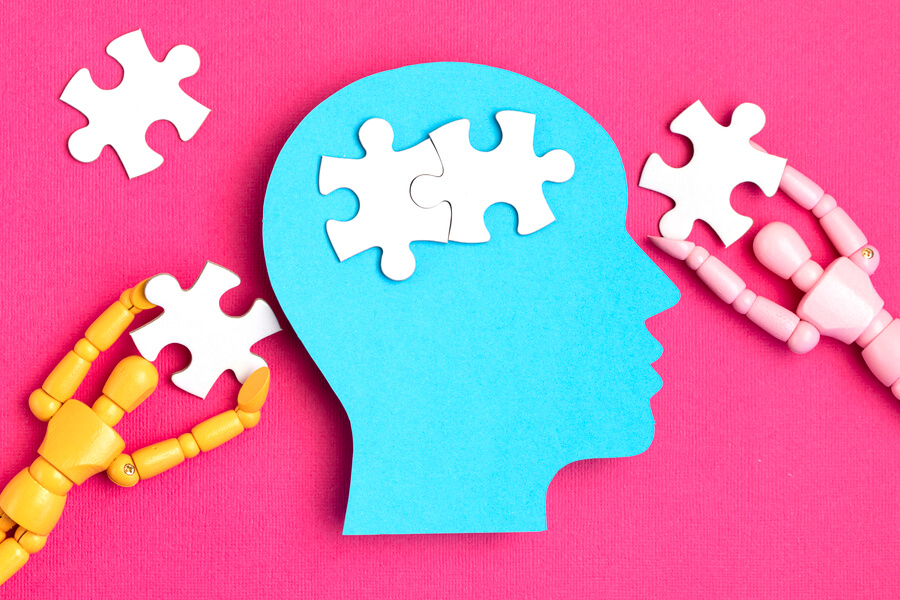
Teaching the family.
Without parents there would be no grassroots sport, it is a key element for the functioning of the clubs, training parents in the strategies they need to foster the attitudes and values that are important for the personal and sporting development of the players. It also helps parents to solve day-to-day problems that generate discomfort in families.
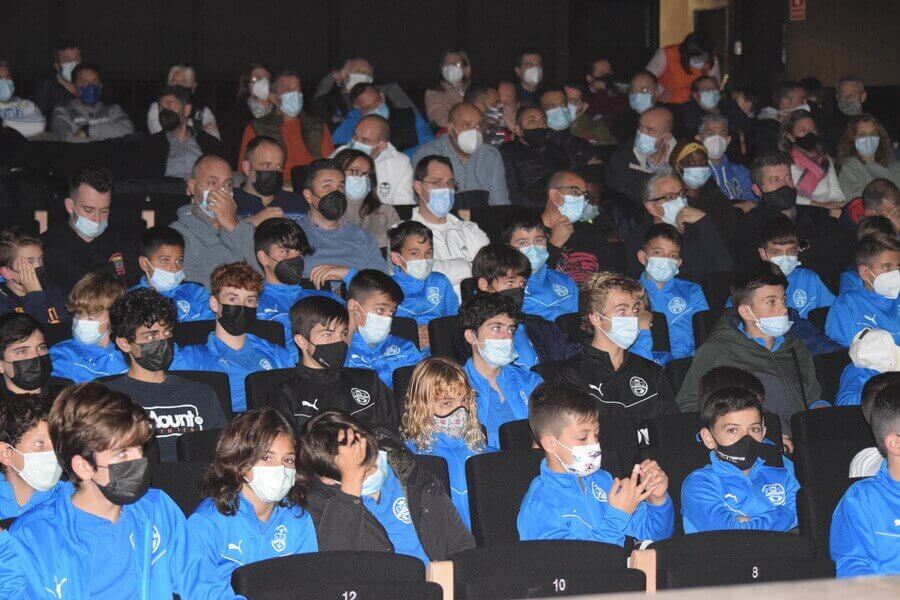
The psychologist in a football team
The psychology-football relationship exists and the development of events in the clubs will allow us to know which paths to take to optimise this process. The collaboration between psychologist and coach is fundamental, as it is between coach and physical trainer, or coach and doctor, for a good development programme of psychological work.
The main task of a sports psychologist within a football team is to advise, assist and train the coach to effectively influence the psychological functioning of the players and to self-monitor his own psychological functioning. In addition, he has to train the players to master psychological skills that will make them grow in their work.
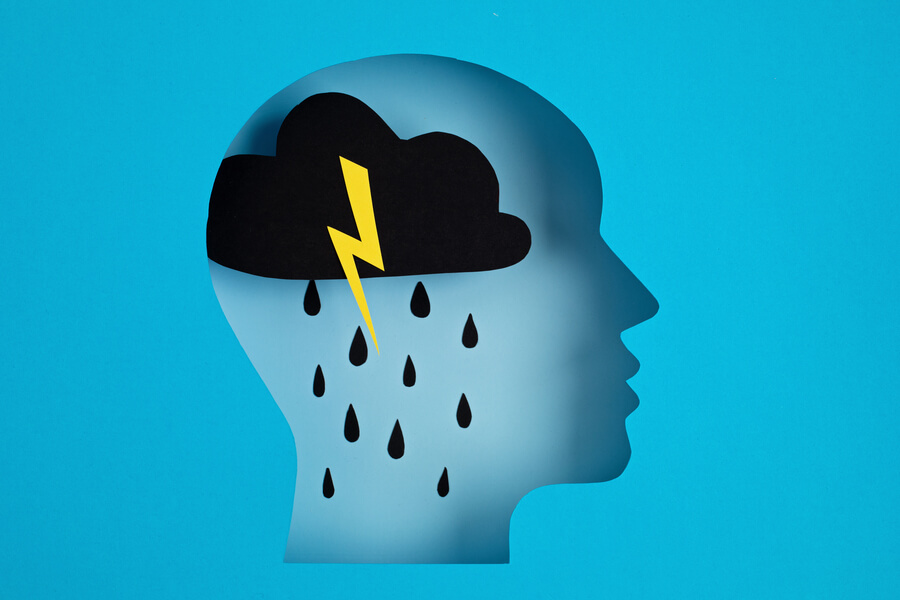
Relationship between coach and sports psychologist
The incorporation of psychology into a coach’s daily work method helps the coach to better understand the needs and problems of the players, to make the most appropriate decisions and to apply the most effective psychological techniques. This makes it important for coaches to learn psychology and to integrate this knowledge into the way they manage the group. However, coaches must understand that even if they master these types of psychological strategies, they cannot replace the sports psychologist.
The psychologist has specific facets within team management that correspond to him/her, both because of his/her higher degree of specialisation and because of the type of professional relationship he/she has with the players, which will be different if he/she is the coach or not.
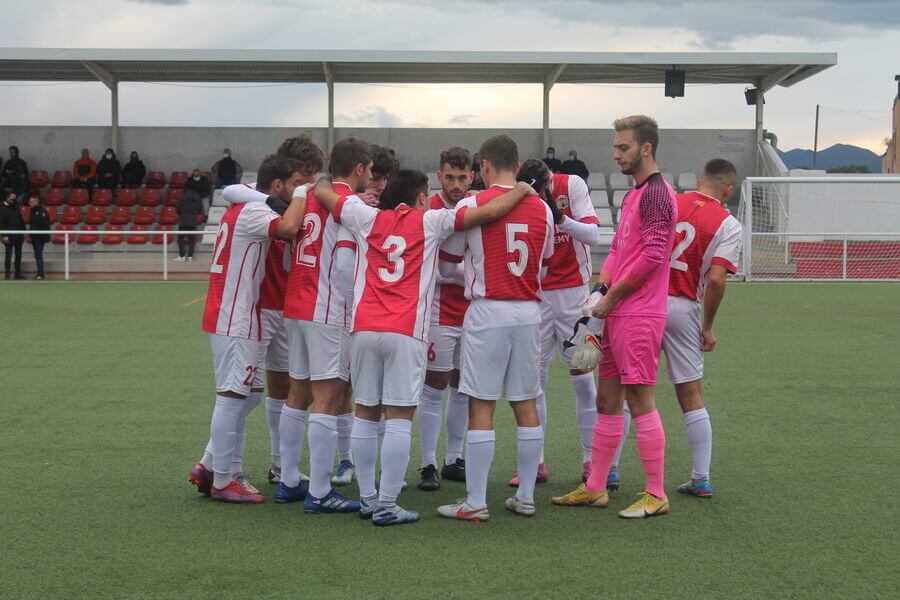
The role of the sports psychologist
Some of the ways in which the sports psychologist can intervene within a football team are as follows:
- -To evaluate the aspects that in each specific case can influence the motivation of the players, and to advise the coach to act effectively with each of them
- – To help the coach to select, prepare and use the techniques that can best influence the motivation of the players.
- – Be alert to the risk of psychological burnout and advise the coach to prevent it. Work to alleviate this problem in players who suffer from it.

– Be alert to potentially stressful situations surrounding the team and individual players
– Work with injured players to optimise their recovery.
– Be alert to potential extra-sporting problems that may affect players’ performance, helping them where possible
– Intervene directly to improve the self
-confidence of players who need more specialised attention.
